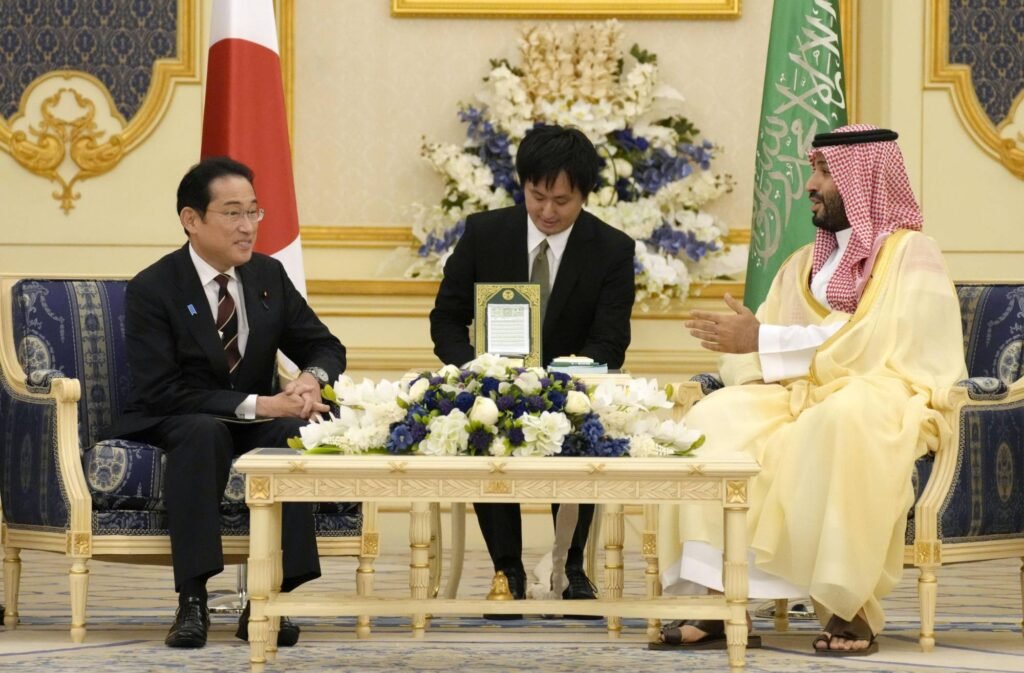Saudi Arabia and Japan join forces to strengthen their cooperation in the energy sector, particularly in the areas of crude exports and clean hydrogen. The Kingdom, being the world’s largest oil exporter, will ensure a secure supply of oil to Japan, which relies on Saudi Arabia for 40% of its oil imports. Energy Minister Prince Abdulaziz bin Salman highlighted the importance of joint efforts in clean hydrogen development and the establishment of infrastructure for circular carbon economy applications.
Last month, Japan and OPEC agreed to establish a dialogue to address Tokyo’s energy security concerns. Japan aims to enhance its energy security by securing long-term liquefied natural gas agreements and increasing renewable resources in its energy mix. The competition for LNG cargo is expected to intensify as China’s economy recovers and Europe stockpiles natural gas ahead of winter.
Saudi Arabia and Japan have previously signed agreements focusing on the circular carbon economy, carbon recycling, and other areas such as green hydrogen, fuel ammonia, crude exports and derivatives. In April, a landmark shipment of independently certified low-carbon ammonia from Saudi Arabia arrived in Japan for use in power generation. Produced by Sabic Agri-Nutrients with feedstock from Saudi Aramco, the ammonia represents a significant step in developing clean energy solutions. Power plants have the potential to utilize 100 million tonnes of low-carbon ammonia as feedstock by 2050.
Aramco has ambitious plans to produce up to 11 million tonnes of blue ammonia annually by 2030 while investing in carbon capture and hydrogen capabilities. The continued collaboration between Saudi Arabia and Japan holds great promise for advancing the energy transition and fostering sustainable development in both countries.


